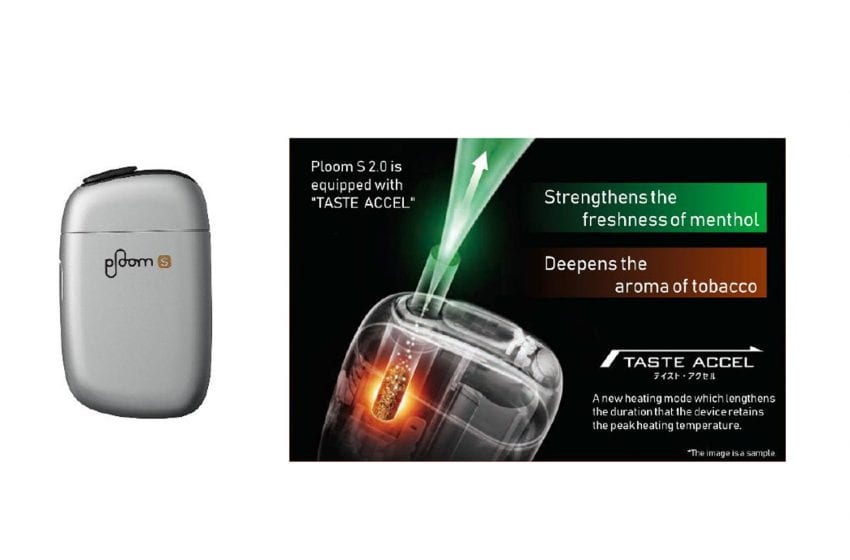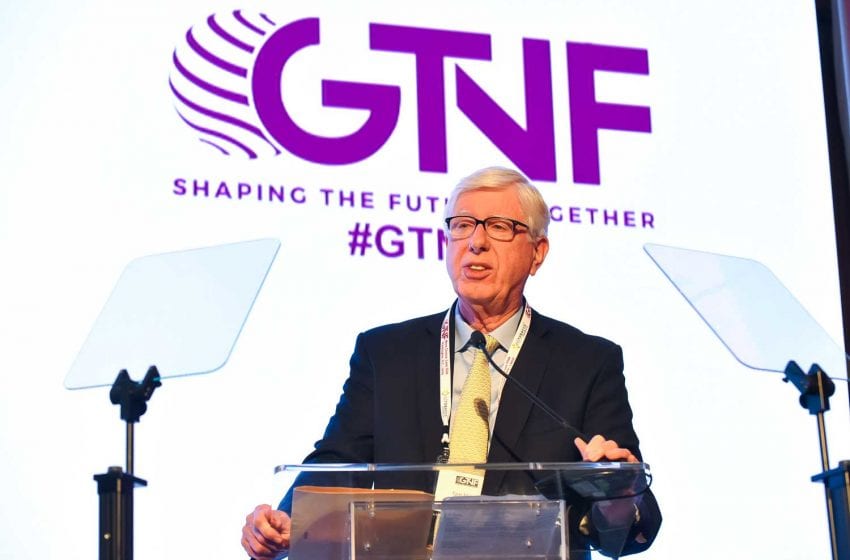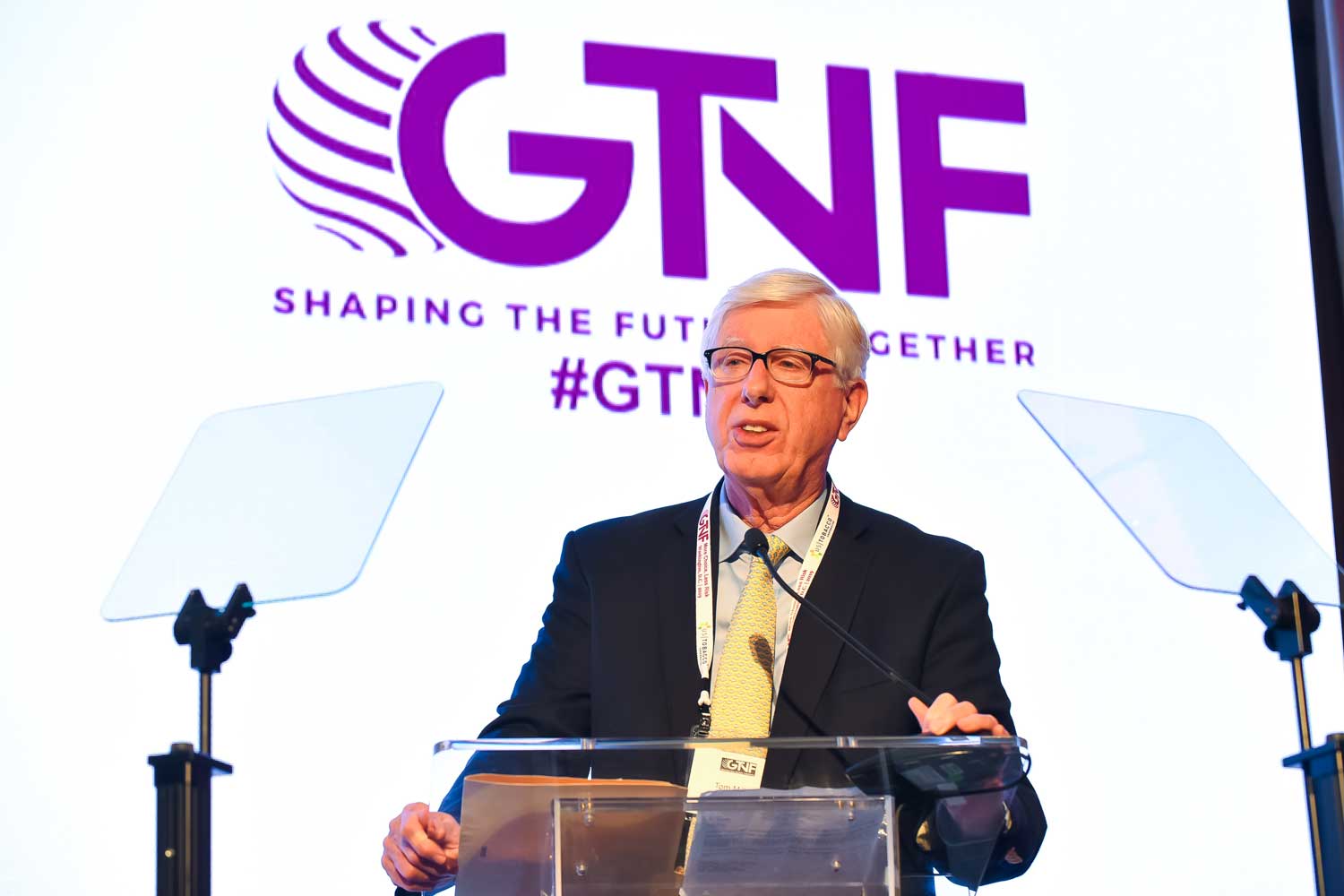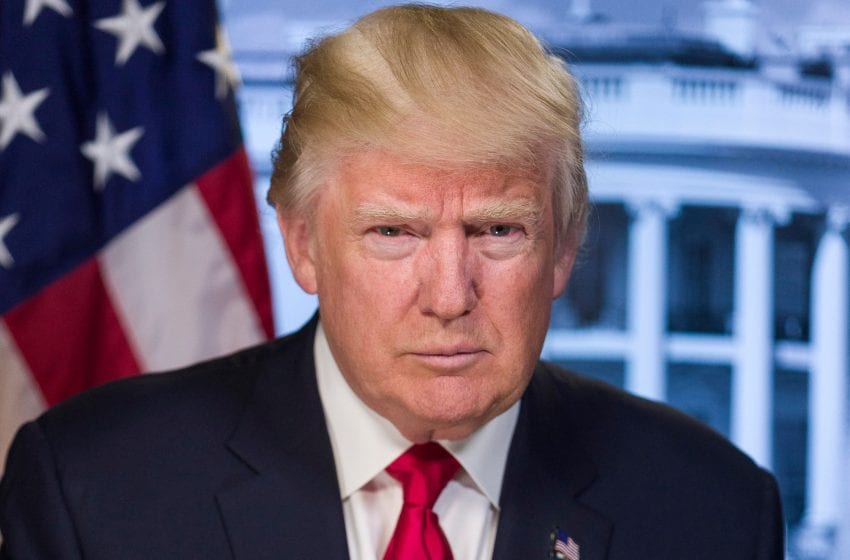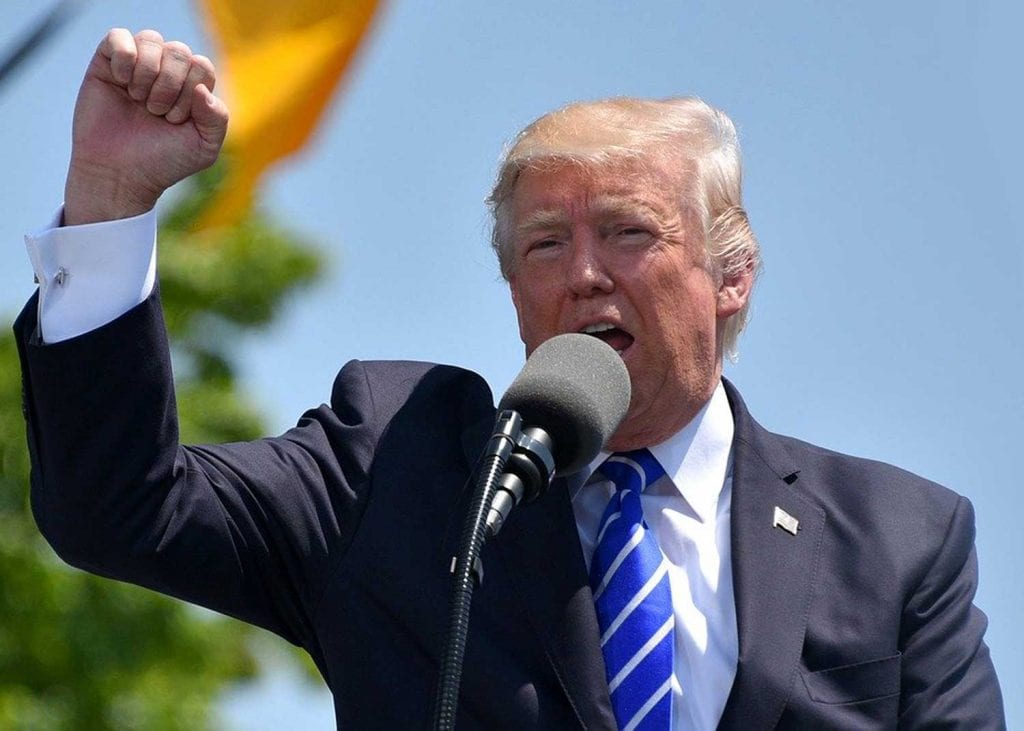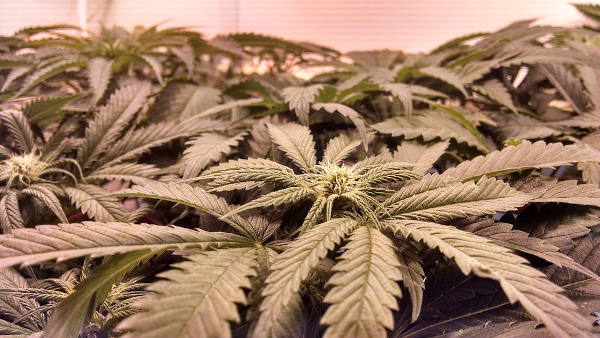
Taiwan’s Health Promotion Administration (HPA) wants to ban the sale of novel tobacco products such as e-cigarettes and heated tobacco products reports The Taipei Times.
On May 29, the agency announced draft amendments to the Tobacco Hazards Prevention Act (THPA) to cover products currently not covered by the act.
One amendment would raise the legal age for smoking and the minimum age for buying tobacco products from 18 to 20.
A recent survey found that smoking and vaping rates among young Taiwanese increased last year.
The smoking of cigarettes and e-cigarettes by junior high and high school students last year increased for the first time since the THPA took effect in 2009, HPA Tobacco Control Division Director Chen Miao-hsin said.
Physician Chen Mu-jung said that teenagers are less cautious when it comes to addictive substances and that flavors added to cigarettes could overpower the pungent taste of tobacco, making teenagers more curious and even leading some to believe that flavored cigarettes are somehow healthier.


